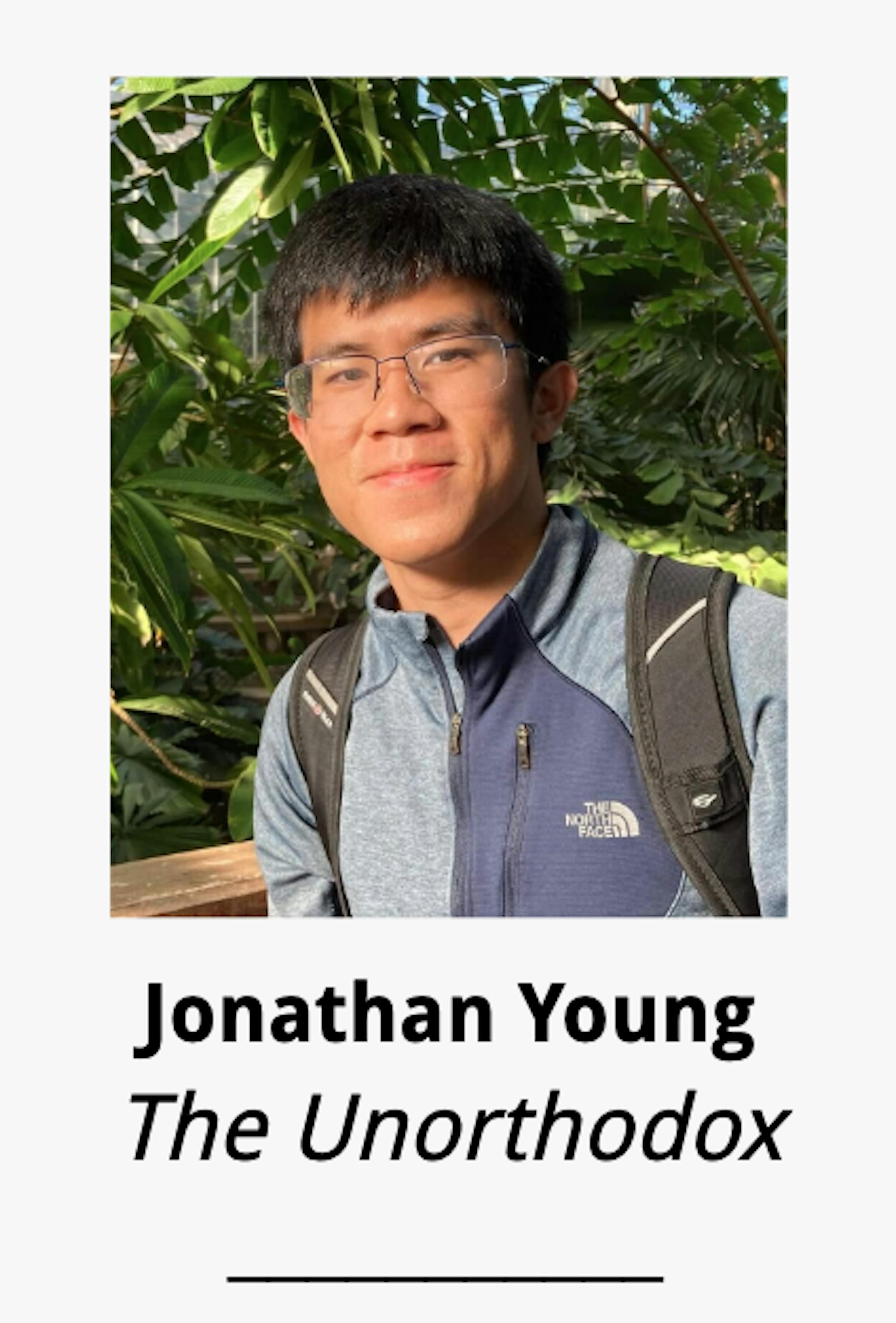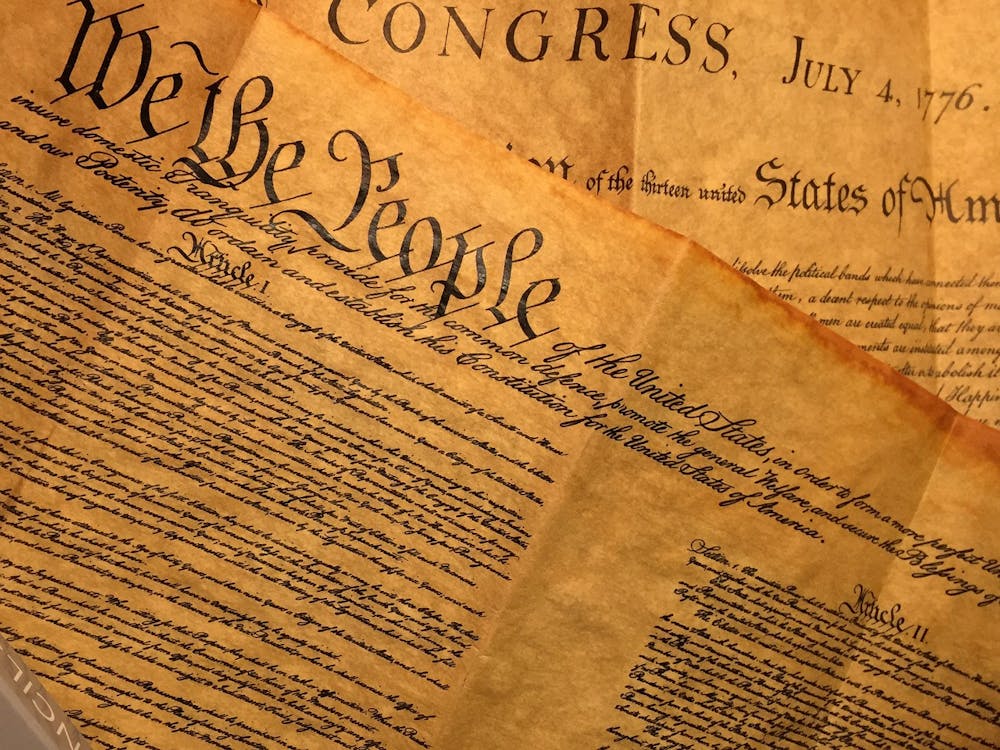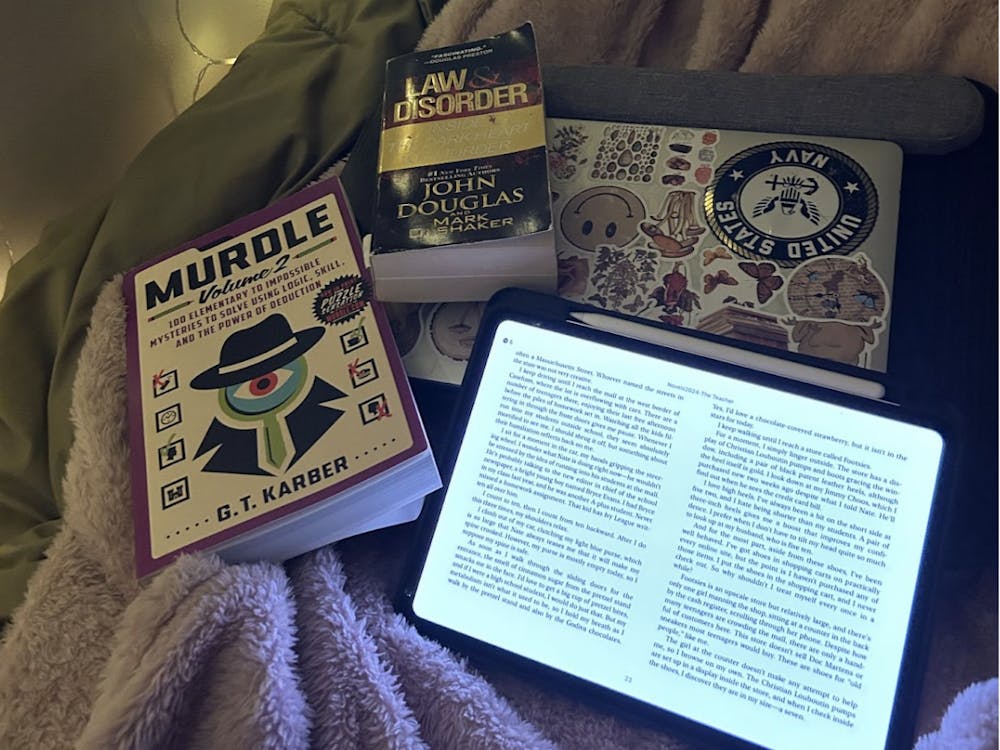
“Your English teacher said your writing skills are poor and that you need to work on them. We signed you up for these literature clubs and camps for you to improve.”
That was basically the response I got from every parent-teacher conference my parents attended throughout elementary and middle school. It was demoralizing; it seemed as if I could never be proficient enough in writing to my parents’ liking and as if they would constantly hound me for being a poor writer.
At a young age, coming from a household of immigrant parents and grandparents meant that my exposure to English was lower than my peers, which affected my mastery of the language. In my assignments for school, I often received lower marks than my peers despite excelling in other subjects.
To help improve my English-writing skills, my parents forced me to write essays at home, pushed me to memorize famous speeches and tried to get me to read more dense and heavy books. However, as the stubborn kid that I was, I refused to seriously partake in any of those tasks.
My deficiency in writing carried from elementary to middle school, where it got so bad that one of my friends texted me, “Do you want me to correct your grammar when you text? We’re getting close to high school.”
Although I did see slow improvement in my writing, I was still lagging far behind my peers. The turning point came in high school when I found an unexpected reason to enjoy writing: politics.
Growing up near D.C., I easily became wrapped up in the discussion of law, politics and government. Of particular interest to me was the way politicians lay out their arguments. Good rhetoric could be the difference between victory or defeat in an election.
Learning how convincing, structured language could be used changed the way I viewed writing. This was especially apparent in my American and Comparative Politics courses, where my teachers asked us to write lengthy essays advocating for widely varied positions. The positions weren’t straightforward like math problems but, rather, had numerous approaches and details that could be either included or excluded — changes that could make the difference between a strong argument and a weak one.
When I initially took these courses, I feared that I would perform poorly due to my writing abilities and dreaded the massive word counts that came with assignments. However, as I got into the process of writing these essays, I began to thoroughly enjoy the art of persuading others and creating a convincing argument. There were many ways to approach an issue, but ensuring that the argument was watertight was most important.
That was what made writing so interesting to me: how a creative piece contained so many components that worked together to impact someone’s beliefs. Slowly but surely, I became accustomed to structuring a well-organized essay and using the correct language to create a concise yet powerful claim.
Luckily for me, I continue to find opportunities to enhance my writing skills. Through my political science courses, I’ve written papers on topics ranging from nuclear policies to undemocratic elements within our own government to political behavior in China.
As a college student, writing has continued to enable me to explore the systemic structures within our society, enhancing my understanding of other people and the institutions that affect them.
Writing has also affected my engineering career, too. I have come to appreciate how clear and concise documentation enables me and others to create powerful applications without wasting time deciphering protocols and standards.
Furthermore, I’ve increasingly begun to realize that only half of the work in engineering is creating a solution that works. Completely finishing a project also requires convincing others that your solution is viable. To do this, one has to utilize writing to persuade stakeholders through careful explanations and analyses of the context of the problem.
Today, writing has become something I actually enjoy because of how much it’s helped me explore different subject areas and topics. I look forward to the assignments I have to write, whatever the class may be. Each prompt presents itself as another challenge, challenging me to dig around to create a cohesive, powerful case for my readers. With new possibilities appearing as I progress through school, writing is another tool in my arsenal to explore the world that awaits me.
Jonathan Young is a junior from Potomac, Md., studying Computer Engineering. His column is about the nontraditional activities or events that have shaped him into the person he is today.





